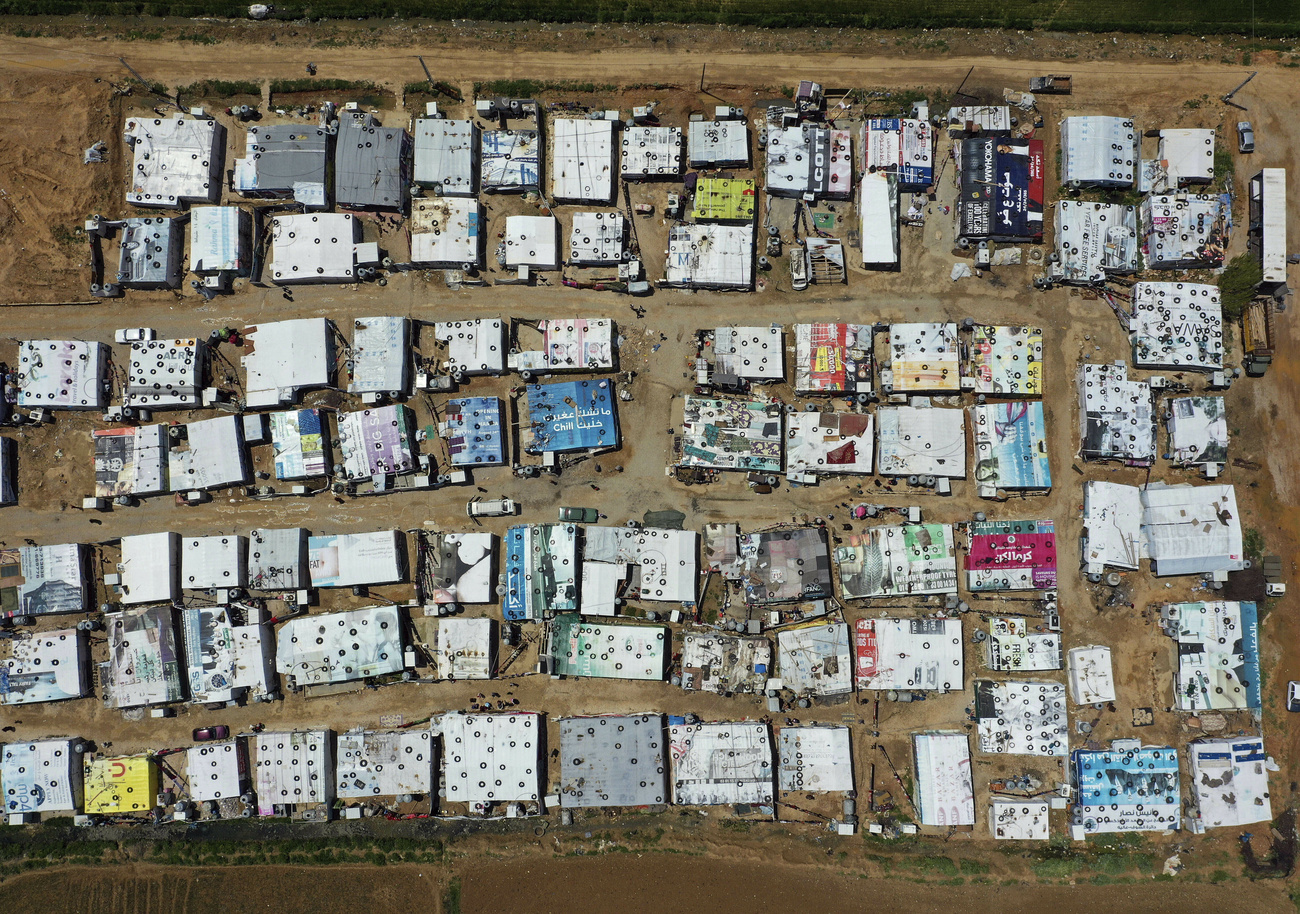
Ukraine labels Nestlé a ‘sponsor’ of Russia’s war of aggression

Ukraine has included Nestlé on its list of "international supporters of the war" because of its activities in Russia, accusing the Swiss food giant of "feeding the aggressor".
“Despite Russia’s aggression against Ukraine, Nestlé continues to operate in the aggressor country, supplying products to the population and developing its production in the country,” the National Agency on Corruption Prevention (NAZK) said in a statement on Thursday.
Nestlé has therefore joined “the list of international supporters of the war”, it added. This designation, given by the agency to international companies, has no legal consequences.
+ Why Western companies still can’t quit Russia
According to NAZK, in addition to “feeding the aggressor”, the group “also shows Russia itself that it continues to be integrated into the world market, despite the many war crimes committed in Ukraine”.
Since the start of the invasion of Ukraine, many Western companies have chosen to leave Russia. Those that remain are heavily criticised by the Ukrainian authorities, who accuse them of providing financial aid to Moscow.
Asked about the Ukrainian agency’s announcement, Nestlé referred to an earlier statement in which it said it stood “by the Ukrainian people and [its] 5,500 employees in the country”.
+ Swiss-based firms active in Russia are ‘filling Putin’s war chest’
“Since the start of the war in Ukraine, we have drastically reduced our portfolio in Russia and implemented the actions we announced in March 2022,” Nestlé said.
In particular, the Group says it has “suspended the vast majority of product offerings” available before the war and “halted all non-essential imports and exports to and from Russia”.
This news story has been written and carefully fact-checked by an external editorial team. At SWI swissinfo.ch we select the most relevant news for an international audience and use automatic translation tools such as DeepL to translate it into English. Providing you with automatically translated news gives us the time to write more in-depth articles. You can find them here.
If you want to know more about how we work, have a look here, and if you have feedback on this news story please write to english@swissinfo.ch.

In compliance with the JTI standards
More: SWI swissinfo.ch certified by the Journalism Trust Initiative































You can find an overview of ongoing debates with our journalists here . Please join us!
If you want to start a conversation about a topic raised in this article or want to report factual errors, email us at english@swissinfo.ch.